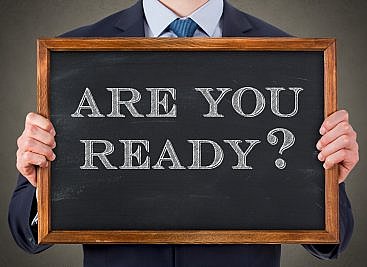How to excel at interview
Before The Interview
Ensure you have researched the company interviewing you. With the help of the internet, you should be able to obtain plenty of corporate information, product/services details and current news articles on most organisations. Many employers place particular importance on this and view it as a good indicator of the suitability and level of interest of a potential applicant.
Rehearse potential interview questions: as well as those relating to job moves and relevant experience be sure you can articulate why you are interested in this particular role, with this particular employer and how it will fit with your career ambitions. Study the job description if available, or the advertisement you applied to, to ensure that you are prepared for questions relating to the attributes and experience specified. For example if there is a point referring to the need to be innovative, think of examples which might demonstrate this.
Review your CV and application to refresh your memory regarding dates, experience and your claims for particular expertise, skills and personal attributes.
Ensure you are well briefed (where applicable) by the recruitment consultancy that is representing you. They should be able to tell you the format of the interview, something about the personalities you will be meeting and where interviewees have succeeded/failed with their client in the past. If you are applying direct you should still be able to glean useful information from web searching including LinkedIn. You may even have helpful contacts in the organisation who can give you some useful pointers.
Allow plenty of time for travel to the interview. Aim to arrive with 10-15 minutes to spare.
Try to schedule the interview at a time that is unlikely to need to be changed or cancelled at the last minute.
You can find more help with pre-interview preparation here.
During The Interview
Always welcome the interviewer with a firm handshake, direct eye contact and a smile.
Be conscious of the environment you have entered – new building, busy reception, chaotic environment – all these facilitate the initial ‘small talk’.
Ensure you are clear and concise when answering questions and be aware that you will be asked for examples to back up the statements/claims you make during the interview. Be prepared for classic interview questions.
Remain open, positive and honest. Interviewers are looking for the ‘real’ you, so avoid telling them what you think they want to hear.
After The Interview
Analyse where you performed well and, equally importantly, which questions caught you out.
Where appropriate, provide feedback to the recruitment consultancy involved in the appointment.
Consider contacting and thanking the interviewer.
If invited for another interview, try and find out where you need to score better.
If unsuccessful after an interview do your best to find out why. The feedback will help next time.
We provide useful advice and interview tips here.


